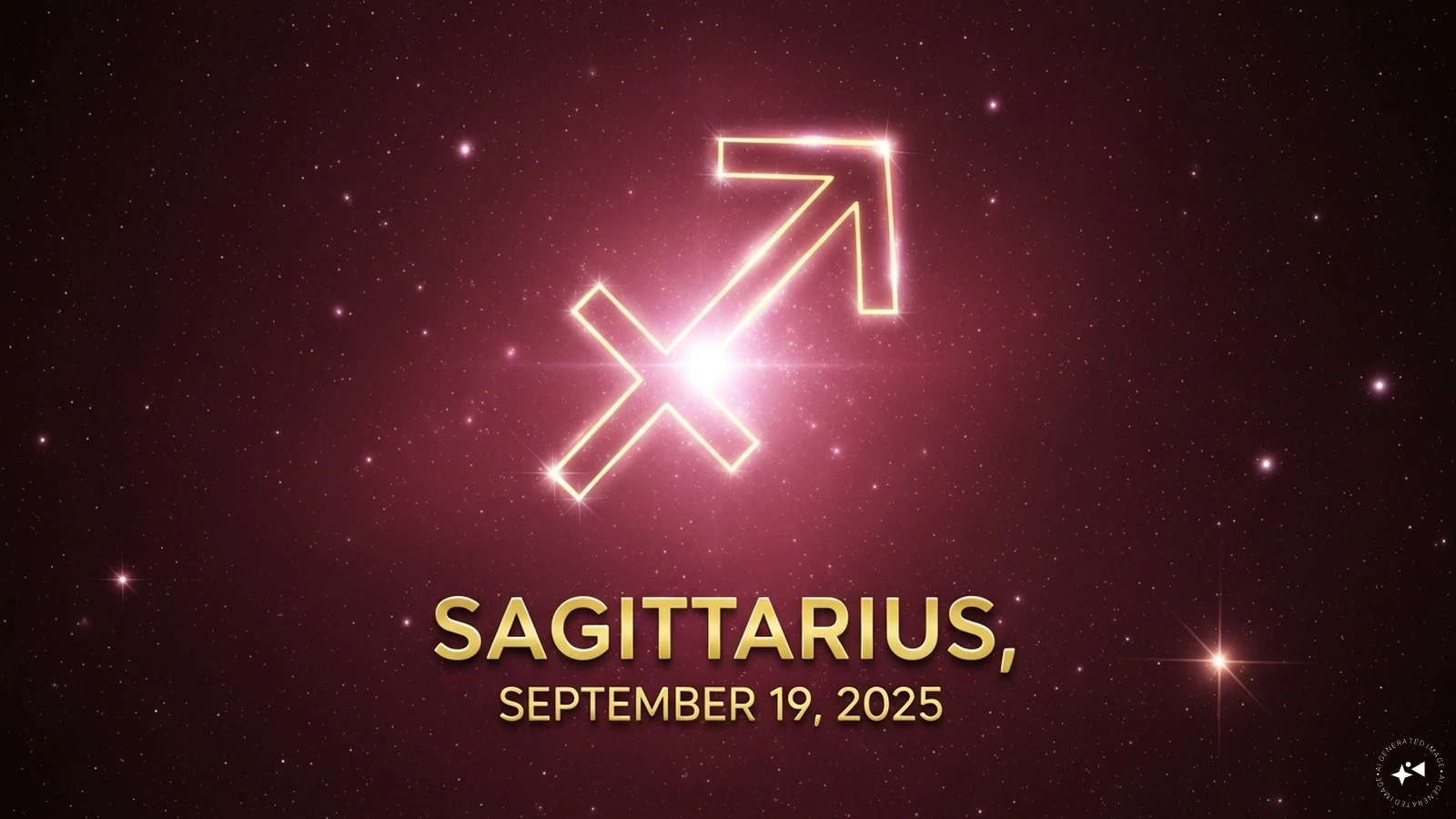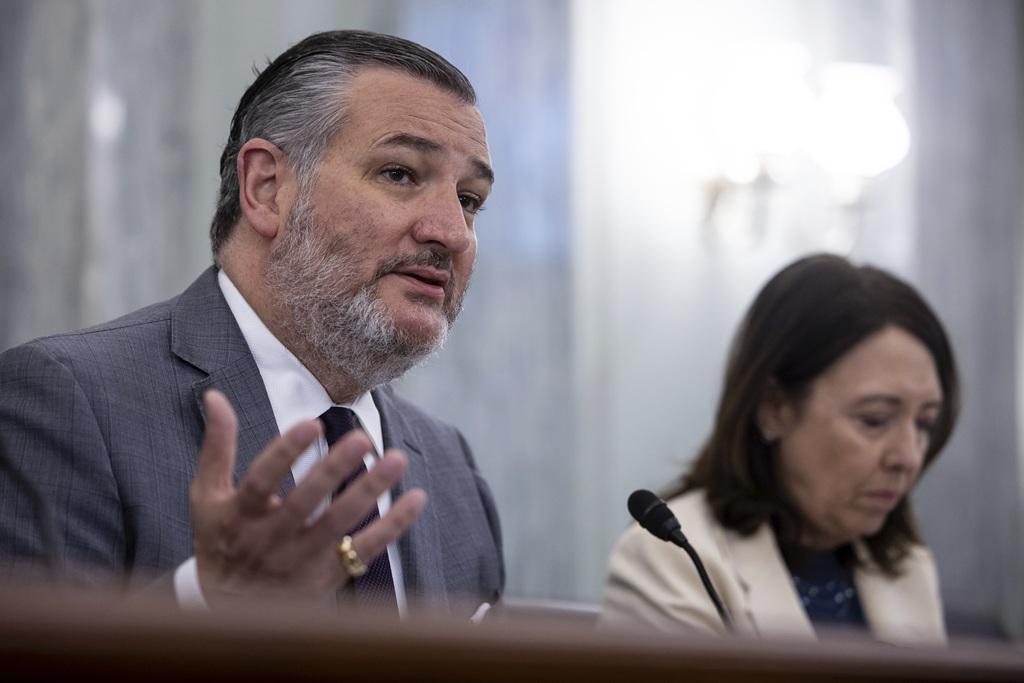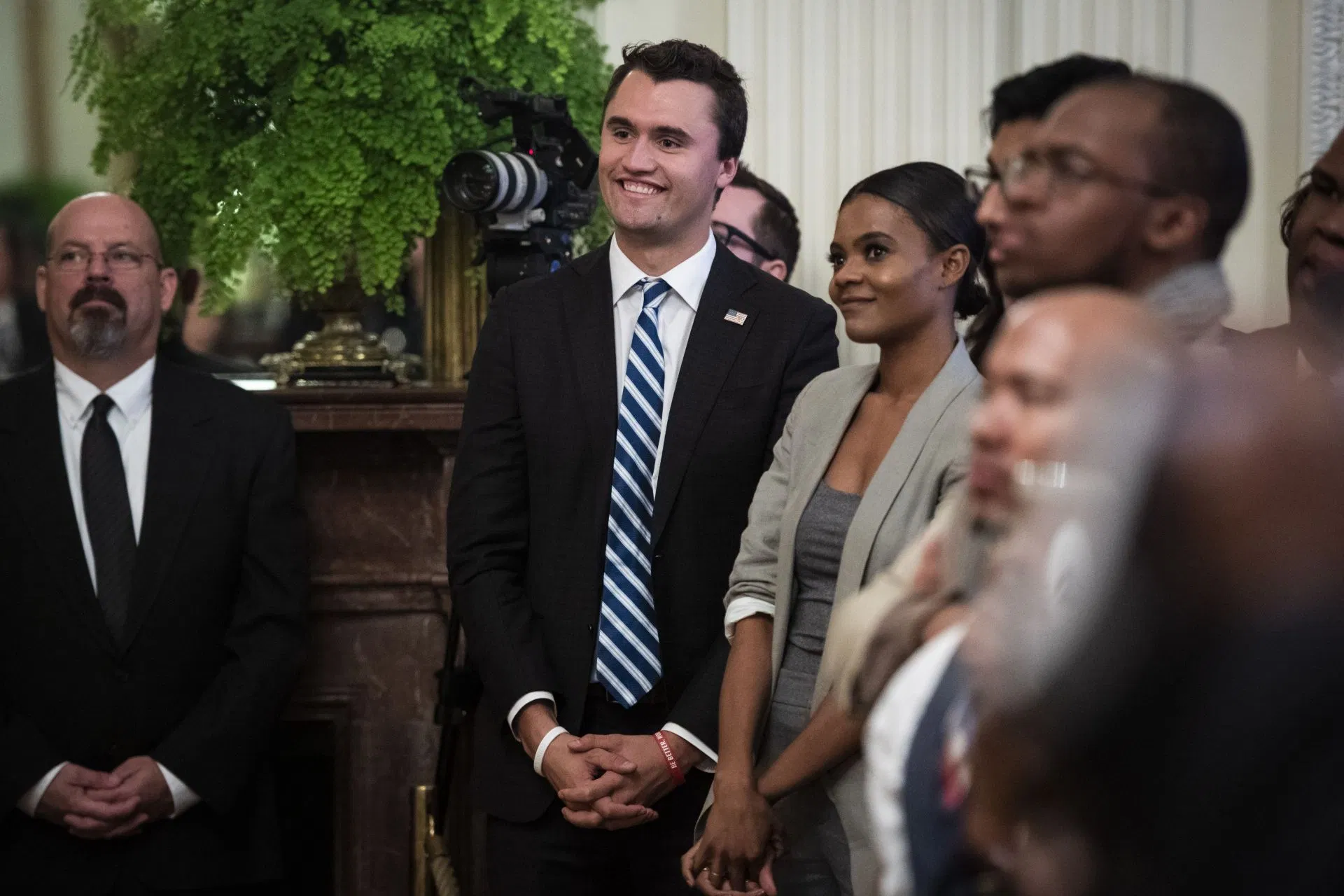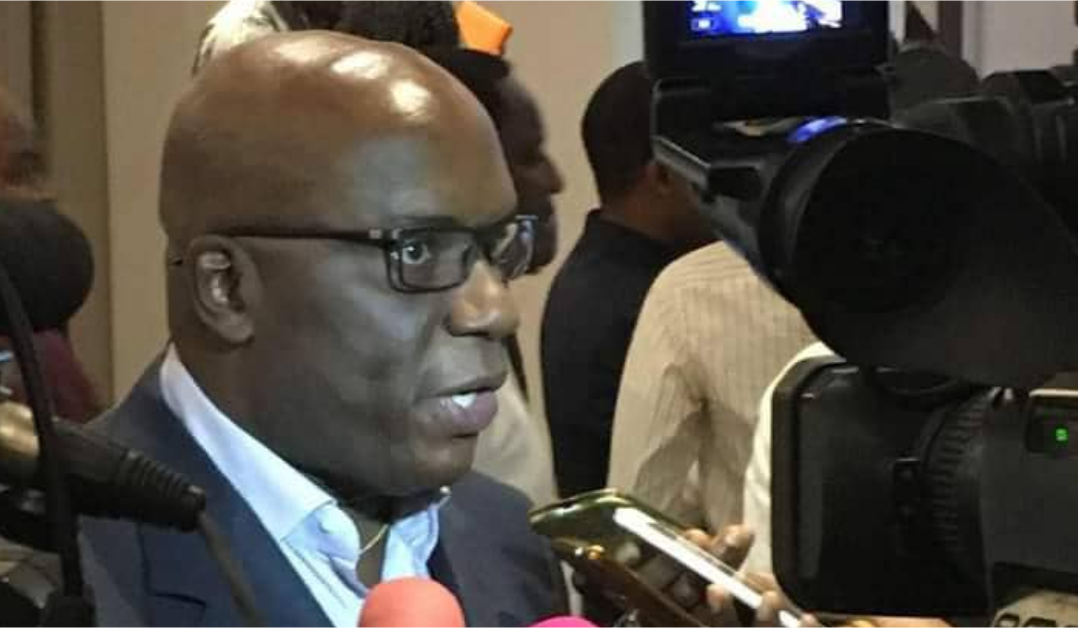
What united them was their age. Most looked to be under 30 years old.
“I don’t think there’s a young [conservative] under 35 here in the Washington, D.C., area who hasn’t in some way been impacted by Turning Point USA,” says Isabel Brown, who founded her Turning Point chapter at Colorado State University, worked for the organization as a media personality and now hosts a show for the Daily Wire.
Young Kirk acolytes work all over Trump’s government. They’re in the Departments of Justice, Labor, and Health and Human Services. They work for the Republican Party and its related fundraising and messaging apparatuses, as well as for conservative media outlets such as Newsmax and the Daily Caller. Brown’s husband, Brock Belcher, works in the White House’s new media office; they met when they both worked at Turning Point’s Phoenix headquarters. Taylor Rogers, an assistant White House press secretary, had been the president of her Turning Point chapter at Clemson University, according to her LinkedIn. Her colleague Kieghan Nangle had been chapter vice president at the University of Alabama. A few dozen congressional staffers have Turning Point on their résumés, including at least a half-dozen press secretaries and communications directors — something one senior House Republican aide attributed to Kirk’s penchant for debate.
Knowing how to articulate and advertise what Republicans want: “I think that’s how we all ended up in this funny field,” said the aide, who spoke on the condition of anonymity because they were not authorized to speak on the record.
Kirk founded Turning Point when he was 18. It grew from a kind of MAGA youth group into a culture-war juggernaut that rallies conservative voters and pushes back against what Kirk perceived as overwhelming liberalism on college campuses through its 850 chapters. It holds annual conferences, like AmericaFest and the Student Action Summit, political gatherings infused with the spirit of a religious revival and the aesthetics of pro wrestling. For the moments in between, there is content, like “Culture Apothecary,” a podcast that prescribes conservative views of lifestyle and wellness in the vein of the Make America Healthy Again movement, and, of course, “The Charlie Kirk Show,” where the founder would spend three hours each weekday rallying the troops for his war on woke. An aggressive social media team follows up to flood TikTok and Instagram with clips.
The various touch points make Turning Point ubiquitous among young conservatives, says an intern for a Kirk-aligned Republican lawmaker, who spoke on the condition of anonymity because they were not authorized to speak to the media. “Three-quarters of the conservatives I know were affiliated with Turning Point, and the other quarter knew who Charlie Kirk was,” the intern says.
Nangle was on her way to the University of Alabama to study nursing when an advertisement for Turning Point’s Young Women’s Leadership Summit landed in her social media feed. She bought a ticket on a whim and, after three days of speeches from the likes of Lara Trump, Kayleigh McEnany and Kirk, Nangle decided to pursue politics instead. “It was just a calling that God put on my heart in the audience,” Nangle says.
She joined her campus Turning Point chapter and became its vice president. After graduation, she worked for Trump’s campaign and later his White House, as Karoline Leavitt’s executive assistant. “Turning Point taught me how to boldly talk about all of the values that the organization teaches to young people, and I think it was critical in the hiring for my first couple of jobs out of college,” Nangle says. “I don’t think I would have been able to speak so eloquently about the things the president and his administration stand for if not for that experience.”
For some, Kirk’s influence was more direct. Malia Shirley was in her third year of medical school when Kirk asked Shirley to move to Washington to work in the Trump administration. She’d known Kirk since she co-founded a Turning Point chapter at Creighton University in the early days of the organization, when Kirk “would hand out his phone number like candy,” Shirley says. She later became a Midwest field representative for Turning Point in Nebraska and worked with Kirk last year to lobby the state legislature to end its practice of splitting the state’s electoral votes by congressional district to avoid a scenario in which the state could cast a tiebreaking electoral vote for Kamala Harris. (The effort to change the rules failed.)
Kirk texted her after the election.
“He said, ‘I want your work in the administration,’” Shirley recalls Kirk saying sometime during the transition. “I said, ‘Well, I’m in medical school,’ and he said ‘Well, school can wait.’”
She finished the semester before taking a leave of absence so that she could follow Kirk’s advice.
“As we saw in the first administration, there were a lot of obstructionist activities,” she says. “And so trying to staff out the administration with as many people that are supportive of the president’s agenda and carrying that out — I can only assume that he knew that was me.”
Vianca Rodriguez was raised in what she describes as a conservative family in Añasco, near Puerto Rico’s western coast. She says she clashed with her peers while attending the University of Puerto Rico, as she tried to start a College Republicans club.
“I was feeling very lonely, obviously, being there and in that environment that tends to be more liberal,” Rodriguez says. But she was a fan of Kirk’s videos. In 2017, Hurricane Maria hit, devastating her family and interrupting her studies. To finish her coursework, Rodriguez moved to Arizona State University, where she became a member of Turning Point. Later, when she was working multiple jobs and looking for some stability, she found an entry-level position at Turning Point headquarters in Phoenix.
Rodriguez says Kirk encouraged her to spread Turning Point’s message via Spanish-language media, helping her to refine her talking points and getting her booked on television. Later, she worked as an on-camera political analyst for Univision and eventually landed a job with the Trump campaign. She now works in his administration.
When it felt like Hurricane Maria had ruined every opportunity, she said, Turning Point gave her a career.
The Sept. 14 Kennedy Center vigil hit capacity around 6:45 p.m., with several hundred people still waiting in line. A frazzled organizer made her way through the crowd apologetically asking if they’d mind watching a YouTube stream of the proceedings on their phones. A few huddled together in the lobby to whisper along to the hymns, but most others made their way onto the terrace and collected themselves into prayer circles.



